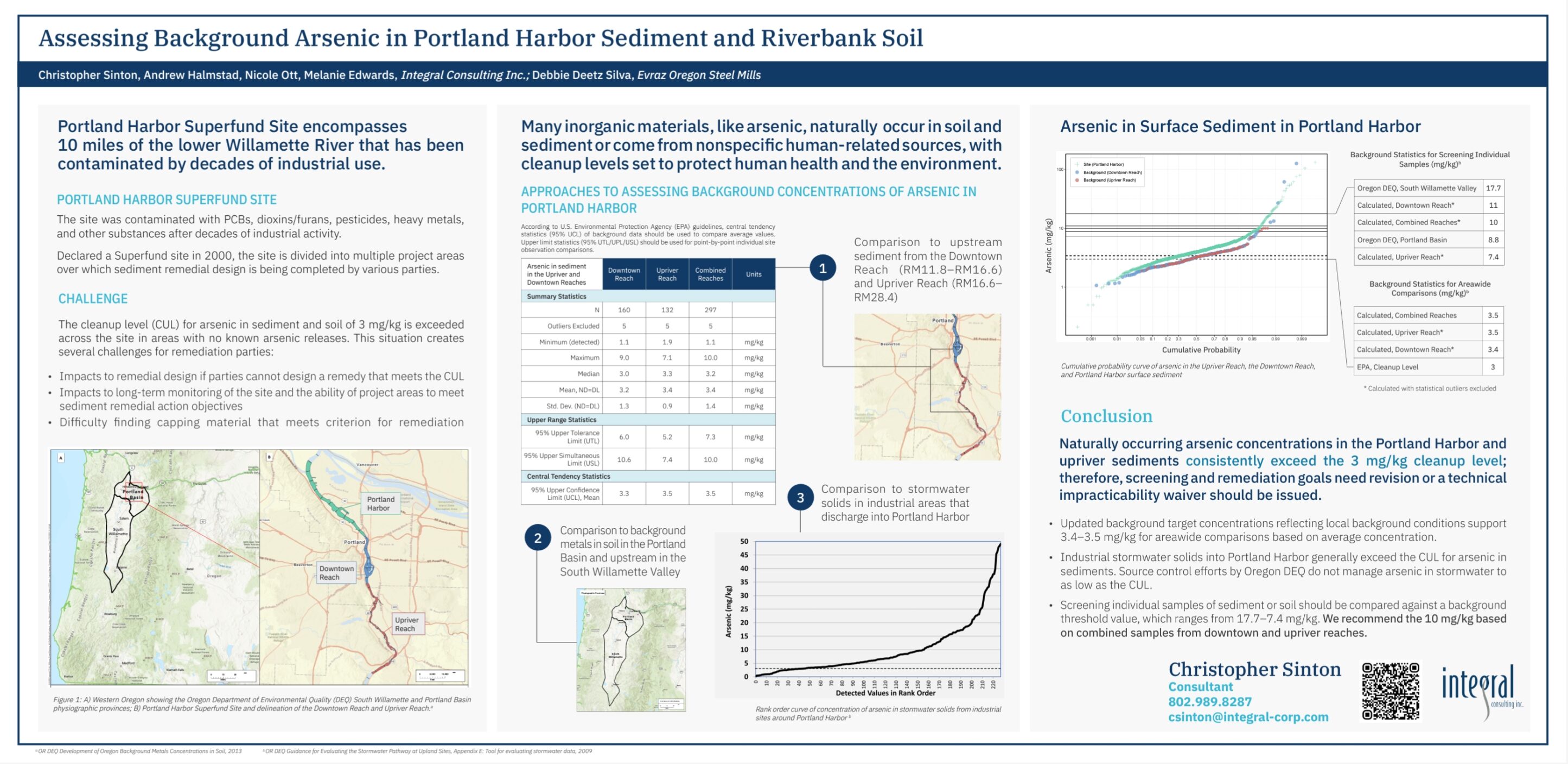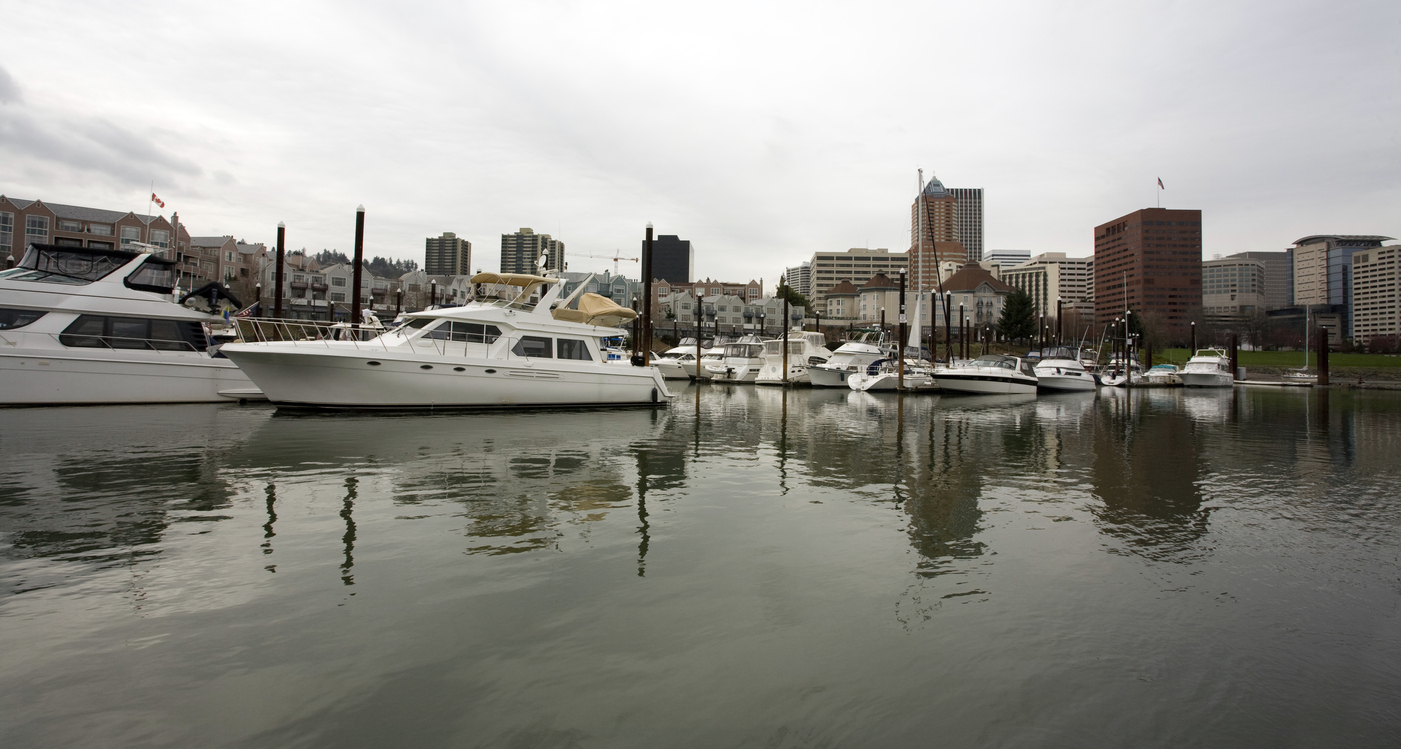
Ms. Nicole Ott is an environmental scientist with more than 20 years of consulting experience, working with attorneys, industrial clients, and municipalities. Her clients rely on her focused preparation of sediment characterization, remediation, and allocation/source deliverables. Critical to much of this work is synthesizing historical industrial practices to develop allocation strategies and to understand contaminant sources and pathways. Working closely with counsel, she leads teams to weave together forensic evaluations, sediment transport studies, and historical research, taking a science-based approach to seek novel solutions. Collaborating with multidisciplinary project teams, Ms. Ott consistently delivers high-quality reports and presentations her clients can understand and use. These communications lead to an amenable path forward among clients, regulators, and other stakeholders.
M.E.M., Environmental Management, Duke University, Durham, North Carolina, 2000
B.S., Biology, Western Michigan University, Kalamazoo, Michigan, 1998
Hazardous Waste Operations and Emergency Response 40-Hour Certification
Hazardous Waste Operations Management and Supervisor 8-Hour Certification
First Aid and CPR Certified
Battelle Contaminated Sediments Conference
Sediment Management Annual Review Meetings, Northwest Environmental Business Coalition Annual Environmental Conference
Washington Public Ports Association Annual Environmental Seminar
Sediment Management Work Group Fall Forums
Nicole Ott Principal, Hydrology, Geosciences, and Chemistry
Ms. Nicole Ott is an environmental scientist with more than 20 years of consulting experience, working with attorneys, industrial clients, and municipalities. Her clients rely on her focused preparation of sediment characterization, remediation, and allocation/source deliverables. Critical to much of this work is synthesizing historical industrial practices to develop allocation strategies and to understand contaminant sources and pathways. Working closely with counsel, she leads teams to weave together forensic evaluations, sediment transport studies, and historical research, taking a science-based approach to seek novel solutions. Collaborating with multidisciplinary project tea...
Ms. Nicole Ott is an environmental scientist with more than 20 years of consulting experience, working with attorneys, industrial clients, and municipalities. Her clients rely on her focused preparation of sediment characterization, remediation, and allocation/source deliverables. Critical to much of this work is synthesizing historical industrial practices to develop allocation strategies and to understand contaminant sources and pathways. Working closely with counsel, she leads teams to weave together forensic evaluations, sediment transport studies, and historical research, taking a science-based approach to seek novel solutions. Collaborating with multidisciplinary project teams, Ms. Ott consistently delivers high-quality reports and presentations her clients can understand and use. These communications lead to an amenable path forward among clients, regulators, and other stakeholders.





Settling Natural Resource Damage Responsibilities for Steel Mill Operations
Case Study
December 15 2023
Untangling Superfund Liability for Current and Historical Steel Mill Facilities at the Portland Harbor NPL Site
Case Study
December 15 2023- Uplands and Sediment Remediation
- Litigation Support
- Sediment Investigation
- Project Management
- Feasibility Studies
- Site Investigation
- Planning and Permitting


